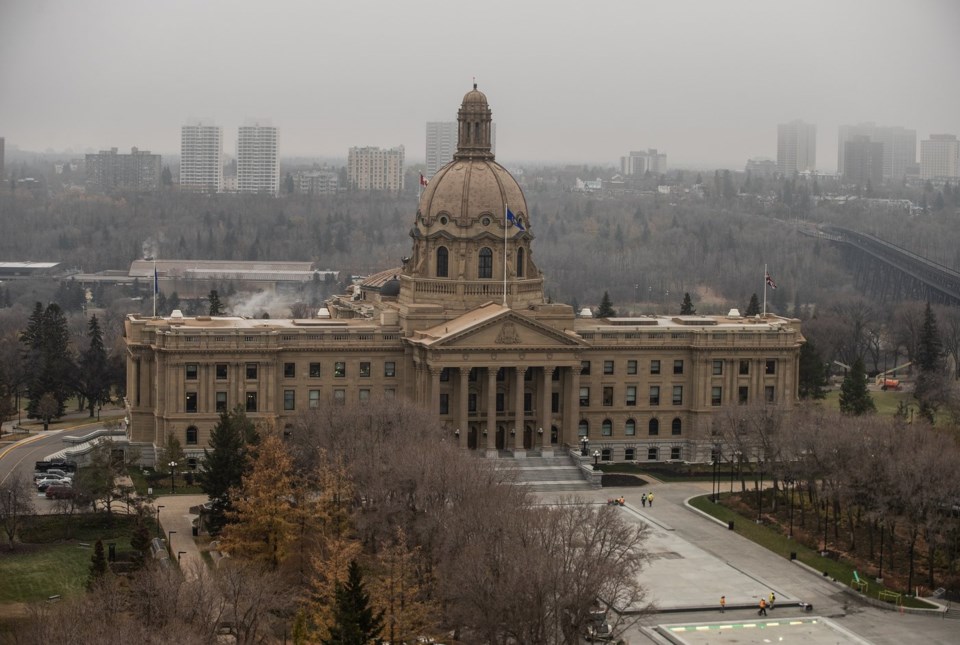EDMONTON — Parts of Alberta's personal information protection legislation have been ruled unconstitutional.
But a judge is upholding an order to stop an American facial recognition company from collecting images of Albertans.
The company, Clearview AI, scrapes the internet for images of people and adds them to a database, which it markets to law enforcement agencies as a facial recognition tool.
Canada's privacy commissioner, and commissioners from Alberta, B.C. and Quebec, issued an order in 2021 for Clearview AI to stop operating in the country and delete images it collected of Canadians without their consent.
The company filed for a judicial review of the order as well as a ruling on the constitutionality of Alberta's personal information protection legislation.
A judge has decided to uphold the order, but ruled that parts of the province's legislation are unconstitutional.
The judge says regulations under the legislation don't properly address privacy concerns posed by the internet and its restrictions for requiring consent are too broad.
This report by The Canadian Press was first published May 14, 2025.
Jack Farrell, The Canadian Press



